FINAL CFP: Nexus of Migration and Tourism: Creating Social Sustainability Symposium
20-21 September, Vietnam National University, Hanoi
Deadline for Abstracts: 15 March 2018
For more information: https://tourism-migration.co.uk/
We are delighted to announce that, with quality submissions, we will potentially organise two special issues with two sponsoring journals: ‘Tourism Geographies’ http://www.tgjournal.com/ & ‘e-Review of Tourism Research’ https://ertr.tamu.edu/
Keynote Speakers:
Prof Michael Hitchcock, Goldsmiths, University of London
Prof Adele Ladkin, Bournemouth University, UK
Prof Alan Lew, Northern Arizona University, USA
Prof Sabine Marschall, University of KwaZulu-Natal, South Africa
Prof Noel Salazar, KU Leuven, Belgium
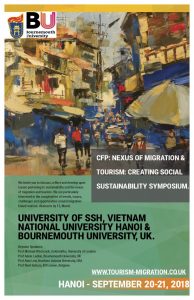
Despite rapid tourism economic development, and research into labour and employment such as economics and employment issues, research hasn’t caught up to the rapidly changing issues, such as tourism linked migration and social and cultural aspects of sustainability. Thus, we invite you to discuss, reflect and develop upon issues pertaining to sustainability and the nexus of migration and tourism. We are particularly interested in the complexities of trends, issues, challenges and opportunities around migration linked tourism, which remains a relatively minor part in academic research. While large numbers of migrant workers move to ‘new’ tourist destinations such as Singapore, Hong Kong, Macau and Dubai for employment, issues pertaining to social sustainability (e.g., well-being, quality of life, integration, the distribution of power and resources, employment, education, the provision of basic infrastructure and services, freedom, justice, access to influential decision-making) have yet to be fully developed within tourism research.
We invite contributions from a variety of disciplines including anthropology, cultural/human geography, sociology, psychology, cultural studies, economics, border studies, leisure studies, tourism studies and hospitality/event management. We invite you to submit papers on topics that include (but are not limited to):
– (Re)definitions of social sustainability
– Equitable access and the sustainability of the community
– Creating socially sustainable communities
– Migrant quality of life/ community well-being in tourist destinations
– Migrant tourism workers’ integration & inclusion
– Migration and tourist community formation
– Conflicts between/intersection of tourists, local residents and migrant workers
– Tourism (im)mobilities, ethics, morals and (in)justice
– Tourism mobilities and border crossings
– Human security, transnationalization and citizenship
– Social networks, borders and the allure of tourist destinations
– Gender and mobility in tourism
– Intersectionality, gender and race
– Roles of religion in tourism migration and mobilities
– Religious and spiritual mobilities and tourism
– Migrant leisure spaces, constraints and opportunities
– Academic mobilities / Mobilities in education
– Social sustainability in ASEAN tourism development
– Social sustainability and future directions
– Destinations resilience
– Effect of Brexit and Trump on tourism and migration
Submission Deadlines: 500 words abstract due 15 March 2018
Confirmation of acceptance: 1 April 2018
Please see this web link for more information: https://tourism-migration.co.uk/
If you have any questions or like to be on a mailing list, please email Jaeyeon Choe (jchoe@bournemouth.ac.uk).
Thank you!
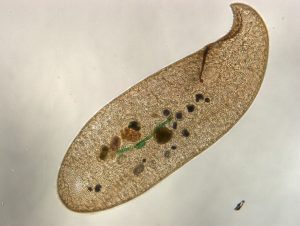
 IT are undertaking essential maintenance to the BRIAN servers on Thursday 11th October 8am. This will involve BRIAN being unavailable to users for a short period of time.
IT are undertaking essential maintenance to the BRIAN servers on Thursday 11th October 8am. This will involve BRIAN being unavailable to users for a short period of time.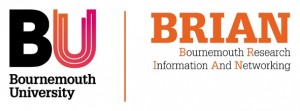 IT are undertaking essential maintenance to the BRIAN servers on Thursday 11th October 8am. This will involve BRIAN being unavailable to users for a short period of time.
IT are undertaking essential maintenance to the BRIAN servers on Thursday 11th October 8am. This will involve BRIAN being unavailable to users for a short period of time.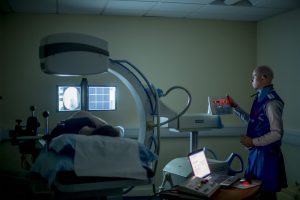
 Professor Genoveva Esteban (Department of Life and Environmental Sciences, Faculty of Science and Technology) in collaboration with the Freshwater Biological Association, is running an Advanced Training Course on Freshwater Taxonomy and Field Identification Skills for PhD students, early-career researchers, and post-grads.
Professor Genoveva Esteban (Department of Life and Environmental Sciences, Faculty of Science and Technology) in collaboration with the Freshwater Biological Association, is running an Advanced Training Course on Freshwater Taxonomy and Field Identification Skills for PhD students, early-career researchers, and post-grads.




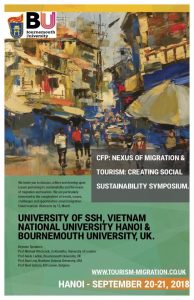
 Open access is about making the products of research freely accessible to all. It allows research to be disseminated quickly and widely, the research process to operate more efficiently, and increased use and understanding of research by business, government, charities and the wider public.
Open access is about making the products of research freely accessible to all. It allows research to be disseminated quickly and widely, the research process to operate more efficiently, and increased use and understanding of research by business, government, charities and the wider public.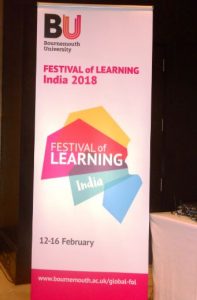
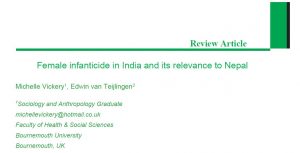











 Fifteen years at BU
Fifteen years at BU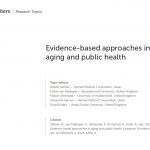 New eBook published in April
New eBook published in April MSCA Postdoctoral Fellowships 2024
MSCA Postdoctoral Fellowships 2024 Horizon Europe News – December 2023
Horizon Europe News – December 2023